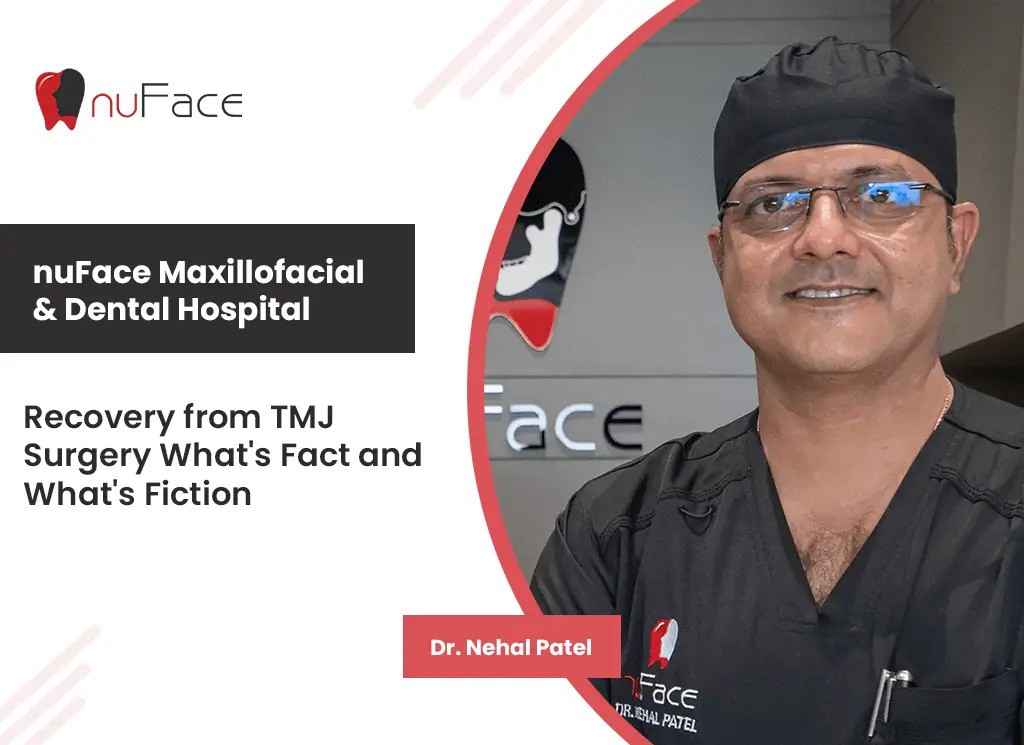


TMJ surgery can be effective in addressing TMJ disorders.
Do you have difficulty opening your mouth, experience jaw pain, or notice facial asymmetry after an injury? These symptoms might be caused by a condylar fracture, a common yet serious jaw injury that affects the temporomandibular joint (TMJ). This fracture can impact jaw function, leading to discomfort, misalignment, and long-term complications if left untreated.
Understanding Condylar Fractures
The mandibular condyle is the rounded end of the lower jawbone that connects to the skull, forming the TMJ. A fracture in this region can occur due to trauma from falls, sports injuries, car accidents, or physical assaults. Depending on the severity, condylar fractures can be classified as:
Symptoms of a Condylar Fracture
A fractured condyle can lead to multiple symptoms, including:
Diagnosis of a Condylar Fracture
An accurate diagnosis is crucial for effective treatment. At nuFace Maxillofacial & Dental Hospital, we use advanced imaging techniques such as X-rays, CT scans, and MRI scans to evaluate the extent of the fracture and determine the best treatment plan.
Treatment Options for Condylar Fractures
The treatment approach depends on the severity and displacement of the fracture. There are two primary treatment options:
For non-displaced or minor fractures, conservative treatment may be sufficient. This includes:
Severe or displaced fractures may require surgical intervention to restore normal jaw function. The common surgical options include:
Why Choose nuFace Maxillofacial & Dental Hospital?
Led by Dr. Nehal Patel, one of the best maxillofacial surgeons in India, nuFace Maxillofacial & Dental Hospital specializes in advanced jaw surgeries, including TMJ surgery, orthognathic surgery, and trauma reconstruction. With state-of-the-art facilities and a patient-centric approach, we ensure precise diagnosis, minimally invasive techniques, and faster recovery for our patients.
Recovery and Post-Surgical Care
After surgery, a structured rehabilitation program is essential for proper healing. This includes:
Conclusion
A condylar fracture can significantly impact your jaw function and quality of life. If you’re experiencing jaw pain, difficulty in mouth opening, or bite changes, seek expert care immediately. At nuFace Maxillofacial & Dental Hospital, we provide comprehensive diagnosis, non-surgical treatments, and advanced surgical solutions to ensure the best outcomes for our patients.
Regain your jaw function and live pain-free! Schedule a consultation with Dr. Nehal Patel today.
